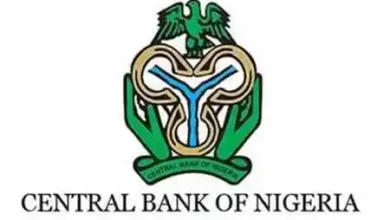Nami Tasks West African Tax Authorities On Higher Revenue Mobilization

Executive Chairman, Federal Inland Revenue Service (FIRS), Muhammad Nami, has enjoined tax authorities across the West African Sub-Region to step up their efforts towards generating higher tax revenues for their respective countries to accelerate development in the Sub-Saharan Africa.
The Director, Communications and Liaison Department, FIRS, Abdullahi Ismaila Ahmad in a statement said, Nami gave the charge on Thursday in Abuja at the opening ceremony of the “Regional Seminar on the Problems of Tax Transition in West Africa”, organised by the Steering Committee of Support Program for Tax Transition in West Africa (PATF).
He stated that governments across West Africa needed enhanced tax revenues to tackle many development-related challenges they confront, especially in the areas of “health and security difficulties”.
Welcoming delegates and other participants to the event, which was the first major stakeholder meeting of the PATF that is focused on domestic revenue mobilization in the sub-region, Nami congratulated Member-countries “for the relentless work you have done since January 2020, the date of the effective start of the PATF.”
He noted that “since the establishment and effective holding of the first Steering Committee, the execution of the missions in progress has accelerated, making it possible to have results that can be shared by the actors of the Program and the beneficiaries. Since then, we have come a long way, with results that are certainly mixed, but encouraging and which should encourage us to continue our work.”
He listed areas where the PATF needed to work on to achieve its set objectives. These include “the establishment of the PATF Steering Committee; improving the management of tax expenditures in the region; providing a practical guide for Value Added Tax (VAT) management for West Africa; the creation of a regional methodology guide for the evaluation of tax expenditures; and the establishment of an information system specific to the UEMOA and ECOWAS Commissions.”
To achieve these goals, Nami posited that “our countries must have national databases and a regional platform” even as he observed that “this indispensable steering body of our consultation system still lacks vitality, as it does not have institutional and financial guarantees.”
He, therefore, tasked participants at the seminar “to complete your work as soon as possible, but above all to propose innovative, realistic and feasible recommendations. Our various governments are facing health and security difficulties; in this context, they greatly need these results.”






